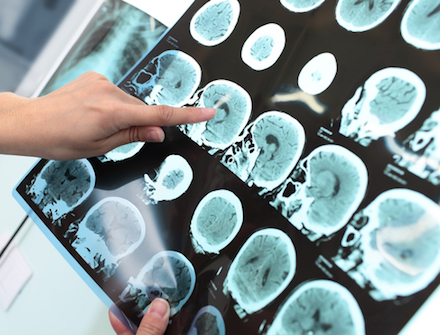Alzheimer’s Risk Relates to Vitamin D Deficiency: Study

Those with low vitamin D levels were more likely to have dementia and also saw the condition progress faster in a new study published in JAMA Neurology.
While vitamin D’s role is not defined by the study, there is evidence that affects all cells of the body, according to study author Joshua Miller of Rutgers University, so vitamin D could possibly protect the brain from developing the functions that are associated with Alzheimer’s disease.
The research found that patients with dementia had average vitamin D levels of 16 ng/ml, while mentally normal patients averaged 19.7 ng/ml. Those with low vitamin D levels also scored lower on memory and executive function tests, even after accounting for confounding factors. In the follow-up of the study, those with deficient and insufficient levels also saw more decline in memory, thinking and problem-solving.
“Vitamin D levels should be checked at least once in people 55 and older, and should be a part of any evaluation of mental impairment,” Dr. Sam Gandy, director of the Center for Cognitive Health at Mount Sinai Hospital in New York City, told CBS news.
